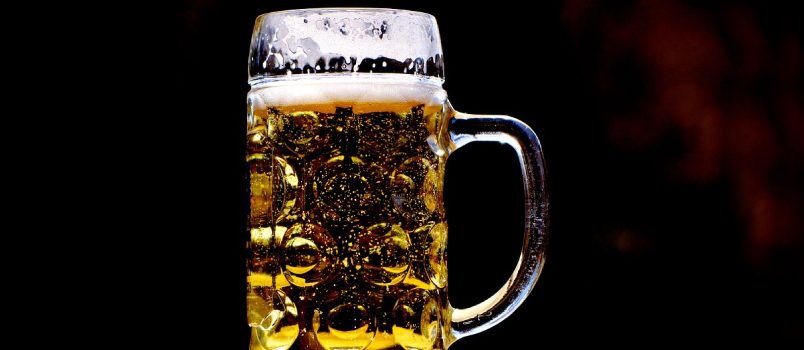5 Great Reasons to Quit Drinking When Your Spouse Is in Recovery

Unlock Daily 30-Sec Tips for a Happier Relationship
👉 Subscribe FREEKey Takeaways
Marriage.com AI Quick Summary
If your spouse is among the reportedly 10 percent of adults in this country who are in recovery from drug or alcohol addiction, then you may be facing a common dilemma. It’s a dilemma that often gets voiced by married couples in early recovery, as I’ve seen firsthand through my work with families of clients in treatment for substance abuse. In many cases, the spouse of a client recovering from alcoholism will wonder if and how they should moderate their own drinking habits. If you’re asking that same question, consider these five compelling reasons to quit drinking yourself:
1. Show your love and support
Addiction is fed by alienation. The healing antidote is love and connection. The more loved and supported a spouse feels, the greater will be their motivation to stick with their recovery—and your support is a critical lifeline of love and support that can help your wife, husband or partner stay motivated in recovery.
2. Improve your spouse’s chances of long-term recovery
Research shows that recovery outcomes improve when both spouses are actively committed to abstinence. The first year following alcohol treatment is also when your spouse is most vulnerable to relapse, which is more likely to occur in the presence of old drinking cues, such as seeing you drink or the ready availability of alcohol in the house.
3. Increase your odds of staying together as a couple
If you’re a heavy drinker, then this next statistic pertains to you: Marriages in which one spouse drinks heavily are more likely to end in divorce. A 2013 study found that marriages in which only one spouse drank heavily (six drinks or more or drinking until intoxication) ended in divorce 50 percent of the time.
4. Improve your own health
Even if you’re only a moderate drinker, there’s a strong case to be made for quitting drinking on the grounds that it’s better for you. Recent alcohol studies have called into question the popular wisdom that drinking a glass of red wine with dinner is good for your health. In fact, researchers reportedly concluded in the Journal of Studies on Alcohol and Drugs that the health benefits of drinking are “shaky at best.”
5. Deepen your intimacy as a couple
When your spouse was in the throes of heavy drinking and active addiction, booze functioned like a third person in your marriage: it was an obstacle to genuine connection. That’s because alcohol dulled your spouse’s capacity to feel and be present to you. (We know this from studies of alcohol-dependent clients that suggest alcohol impairs their capacity for empathy.) Now that your spouse is sober, the two of you have an unprecedented opportunity to access this deeper sense of emotional connection. That’s even truer when you choose sobriety as well.
Every married couple must decide for themselves how to approach the dilemma of drugs and alcohol when a spouse is in recovery. Some husbands and wives will embrace sobriety as a short-term measure that helps their loved one get through that relapse “danger zone” (the first year after treatment). Other partners will limit and moderate their drinking patterns (only drinking in situations where their spouse is not present, for example). Still, others will jointly commit to abstinence for a lifetime. This third option may be the wisest choice, based on these five considerations.
 Tips
Tips
Write your tip or submit a video tip
All tips are reviewed before the publishing.
Share this article on
Want to have a happier, healthier marriage?
If you feel disconnected or frustrated about the state of your marriage but want to avoid separation and/or divorce, the marriage.com course meant for married couples is an excellent resource to help you overcome the most challenging aspects of being married.
Related Articles
Related Quizzes
Unlock Daily 30-Sec Tips for a Happier, Healthier Relationship
👉 Subscribe FREE on YouTube We'd love your feedback!
We'd love your feedback!
 Expert Q&A
Expert Q&A
Ask your question related to this topic & get the support you deserve from experts.















 Thanks for your feedback!
Thanks for your feedback!